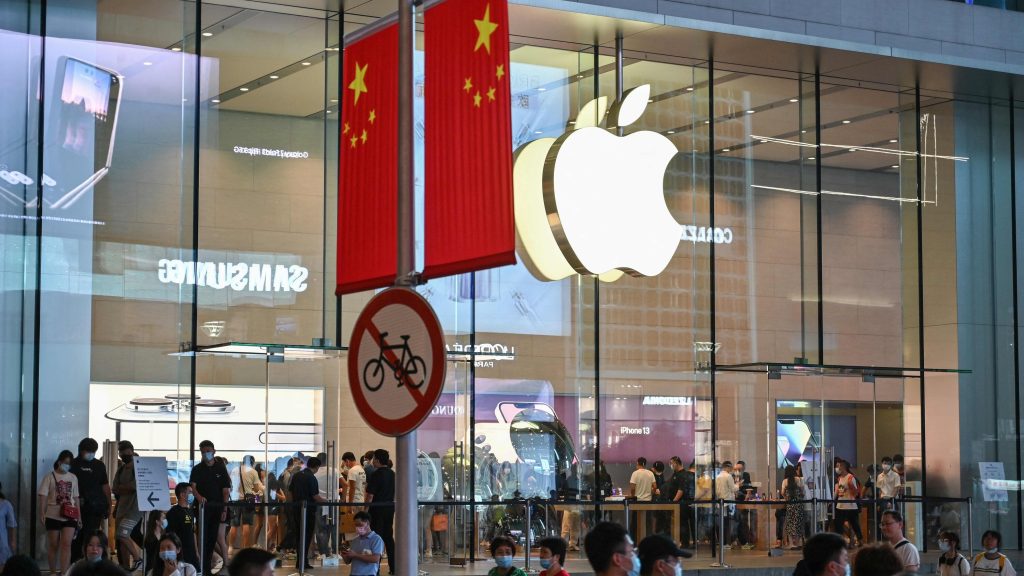The Zhengzhou complex in China is referred to be the nation’s iPhone city. Lockdowns and employee unrest have plagued the campus for weeks as a result of Covid infections that made it difficult for Foxconn and the local authorities to control the outbreak. A person familiar with assembly operations was cited by Bloomberg as saying that the unrest could lead to a production shortage of up to 6 million iPhone Pro devices this year.

The person said that Apple and Foxconn anticipate to be able to make up the 6 million units in lost output in 2023. “Apple and Foxconn increased their estimations of the Zhengzhou shortfall during the previous two weeks due to mounting interruptions, said the person,” the report adds.
The most recent assessment indicates that the situation at the plant is still a moving target and that the production loss estimate may be revised. According to a non-named source, much will depend on how quickly Foxconn Technology Group, the Taiwanese business that runs the facility, can bring people back to the production lines following violent protests against COVID regulations. Production may be further delayed if lockdowns persist in the coming weeks.
The factory manufactures the great bulk of the company’s most popular smartphones for 2022, the iPhone 14 Pro and Pro Max. The Cupertino-based corporation has already reduced its overall manufacturing target from an earlier prediction of 90 million units to around 87 million units, according to a prior Bloomberg news story.
The Zhengzhou campus has experienced lockdowns and widespread employee dissatisfaction. In October, thousands of employees left due to ongoing food shortages. Later, new hires who objected to wage and quarantine policies took their place.
The unrest in “iPhone City,” as the Zhengzhou complex is often known, serves as a sharp reminder of the dangers Apple faces due to the size of its Chinese supply chain. Foxconn made an effort to end protests by rewarding any employees who chose to go back home, which were primarily caused by new hires who arrived in Zhengzhou and objected to the onerous Covid regulations. It added a bonus of up to $1,800 per month over the weekend for full-time workers who remained at the factory through December and January.
Another source familiar with assembly processes claimed that existing employees’ quarantines, rather than the departure of new hires, have a greater impact on output. Foxconn is actively seeking for new staff with the assistance of government representatives. The Taiwanese corporation, which employs the most people in the private sector in China, has years of expertise hiring tens of thousands of assembly workers, especially during the busiest times of the year.
As a result of China’s lockdowns, Apple and Foxconn, also known as Hon Hai Precision Industry Co., stated earlier this month that shipments of their newest premium iPhones will be lower than anticipated.

